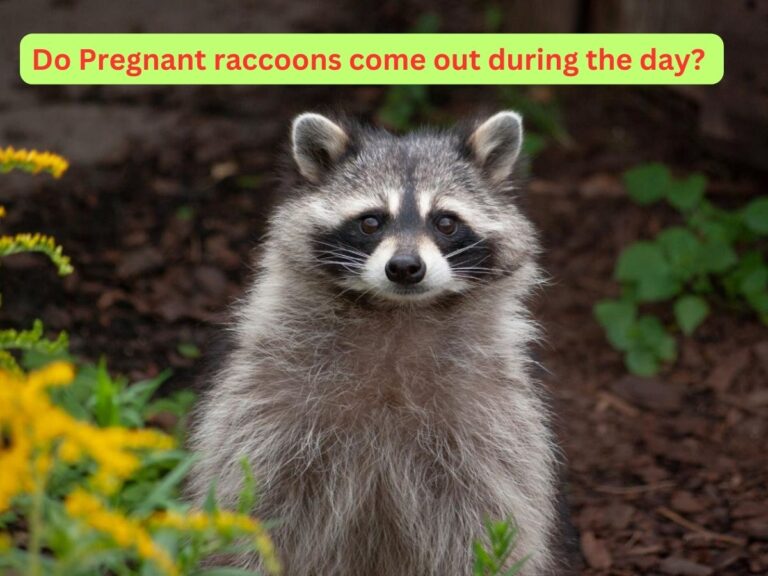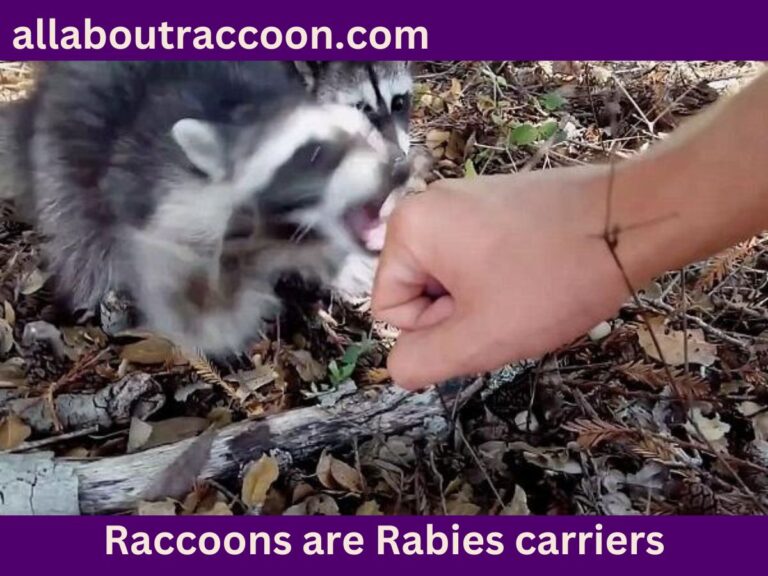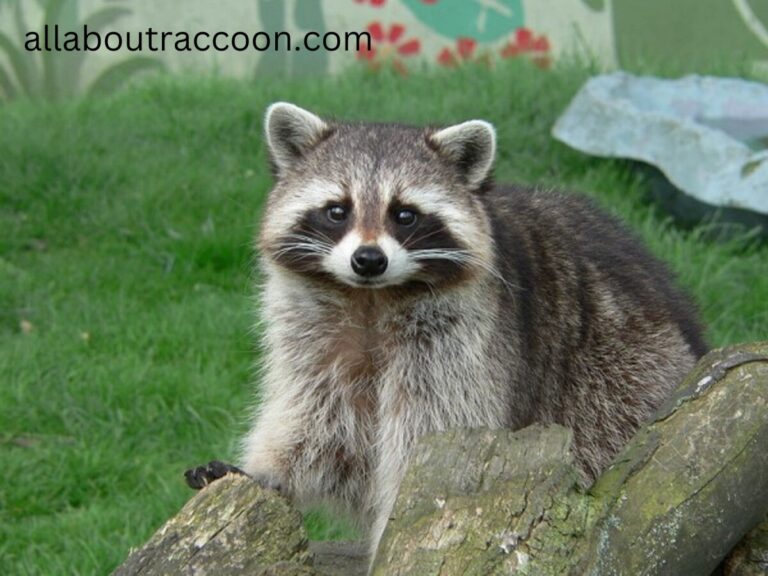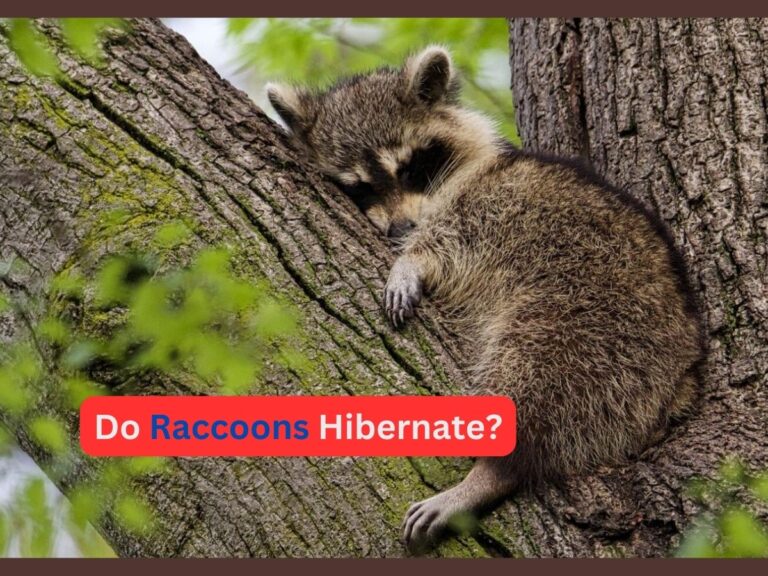Do Raccoon come out in the Rain?-Do they really?
Do Raccoon come out in the Rain? Do they really come out in the rain? If yes, then the question arises, why they do come out in the rain? What is the logic behind their roaming in the rain?
If you want to know these crucial facts about raccoons; then you are on the right web page. This article contains thoroughly reached based, exact, and authentic information.
This article will explore the reality; whether the raccoons come out in the rain or not. This page is totally about it. Just read it carefully.
Do raccoons come out in the rain?
Do raccoons come out in the rain? Usually, they don’t.
But sometimes they have been seen in the rain. However, it has some genuine reason which is described below:
Raccoons have extra intelligence like monkeys. They come out by decide while its raining or not. People think that they will move out in the rain or not. So let me tell you, it totally depends on the rain severity if it is heavy or slow.
Heavy Rain:
“The downpour is called a heavy rain”.
- When the precipitation rate is greater than 7.6 mm per hour.
It is not easy for raccoons to come out in the heavy rain. So, during heavy rain, almost all the activities of raccoons are automatically stopped. They remain in their dens to be protected from thunder, lightning, and strong wind. Plus, the heavy rainfall with thunder and lightning scares the raccoon. So they remain in dens to ensure the safety of their precious lives.
Slow rain:
“The rain in extremely small and light drops is called slow rain.”
- When the precipitation rate is less than 0.5 mm per hour.
If the rain is slow with light drops; the raccoons definitely come out. They simultaneously enjoy the season and scavenge the food. In short, slow rainfall doesn’t affect the daily activities of raccoons.
Why do raccoons come in the rain?
When the rain strikes the ground it creates vibrations on the surface of the soil. This causes the earthworms to come out of their burrows to the surface of the earth because their burrows fill with water. In short, after rain, many worms come out from the soil like cockroaches, stink bugs, and many more.
There are two main reasons:
1. If they are hungry; search for insects
The hungry raccoons can’t bear the severity of hunger. They must come out in the rain to feed on small soil insects like cockroaches and bugs.
2. Rabid raccoons come out:
“Rabies is a viral disease. It affects the central nervous system; it transmits through the bite of a rabid animal.”
If the raccoon carries rabies (viral disease), he may come out in the rain. The rabid raccoon losses his sense, So he doesn’t guess the hazards of the environment.

Do raccoons scare by the strong winds in rain?
The strong winds of the storm scare the raccoons badly. Strong winds strike over tree branches, sometimes causing tree branches to fall. Therefore in such a condition, the raccoons remain in their dens.
- A great number of nuts and berries fall during the strong winds of the storm. Some raccoons took it as an opportunity and try their best to take them; while others do not.
What season are raccoons most active?
Basically, raccoons are nocturnal mammals, They become active during the night. Besides this, raccoons are more active in the season of spring, summer, and fall. The raccoons eat more food than their need in the season of summer and spring. They store this food in the form of fat in their bodies. In winter there is a shortage of food, So they utilize this stored fatty food.
Torpor(state of slumber)
Raccoons are not true hibernators. They just go into a state of slumber or torpor in winter,
- The daily time of decreased metabolism and lowered body temperature is called torpor.
- They must feed almost constantly when they are active.
- Torpor allows the raccoons to survive periods when they don’t feed. So these days their body weight becomes less.
Do seasonal changes affect the activities of raccoons?
Raccoons are highly adaptable. They can live in different kinds of environments like warm tropical areas and cold grass lands. However, climatic changes or seasonal changes affect the behavioral activities of raccoons to a great extent.
- Normally in low temperatures, the activities of raccoons are reduced to a great extent,
- When the temperatures rise, the activities of raccoons also increase.
- During heavy snowfall, the movements of raccoons completely stop.
Final thoughts:
Normally, raccoons don’t come out in heavy rain. However, the slow rain doesn’t affect the daily activities of the raccoons. They carry out their activities in slow rain.
If the raccoon comes out in the heavy rain; there might be two reasons. One of them is that; they may be hungry, so they scavenge the food in the rain in search of soil worms. And second reason is that; the raccoon may be rabies carrier. The rabid raccoon losses his senses and don’t feel environmental hazards even any thing.
Raccoons are very active in the spring , summer and fall. In winter they go in to the torpor state. The change in the environment may affect the daily activities of the raccoons.
FAQs:
Raccoons rabies disease are found in the South and Eastern states. It is reported from the serology data that about 20 % of raccoons’ caries positive test for rabies.
Basically, raccoons are nocturnal (night-loving) mammals. Mostly they come from their dens at night time. Their eyes are sensitive to light, which are enough to stay them away from light. So the bright lights or repellent lights, usually red scare the raccoons.
They become more active in spring, summer, and fall. These seasons are most favorable for them. During winter they go into a state of slumber or torpor. Their metabolism rate is reduced in the winter, though they are not true hibernators.
Yes, if the raccoon is affected by rabies it may be a sign of disaster for humans and even other animals. A normal raccoon does not come out in heavy rain, but the condition is that ,if “he is rabid or hungry”.
Related Posts:







